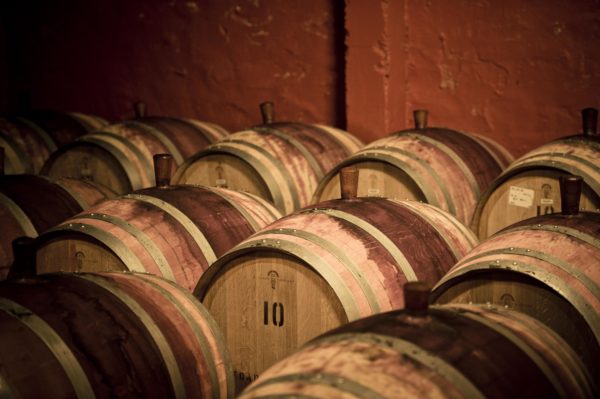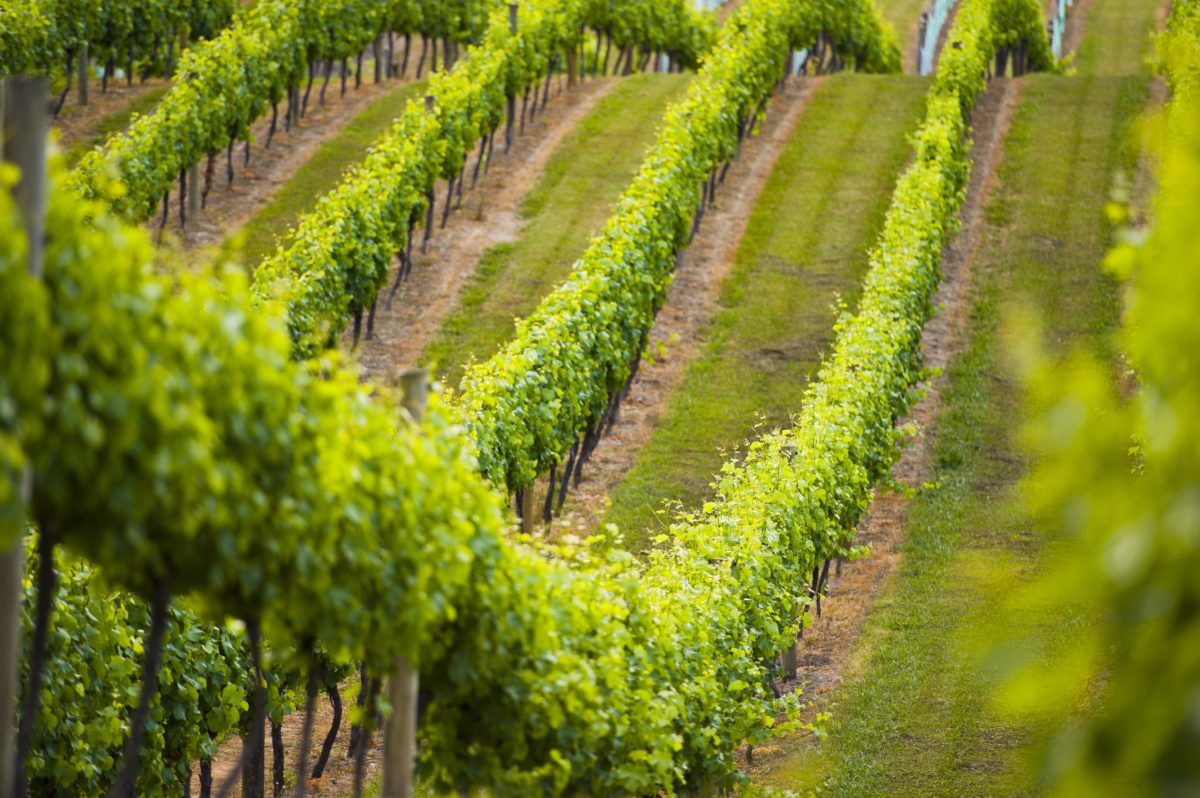Treasury Wine Estates (TWE), which includes iconic labels like Penfolds, Wolf Blass, Wynns and Squealing Pig, is set to become 100% renewable by 2024 after announcing a significant solar layout.
TWE claims the PV outfitting, which will comprise approximately 9,500 solar panels across the company’s Barossa and Karadoc wineries, will generate more than 5,500 MWh of electricity annually.
TWE expects the solar panels to be installed by the end of 2022 and make it Australia’s largest winery solar installation. Other wineries, such as Pernod Ricard Winemakers, have reached the so-called “100%” renewable mark through Power Purchase Agreements (PPAs).
TWE’s chief sustainability and external affairs officer Kirsten Gray said moving to 100% renewable electricity was the most significant contribution the company could make on its journey to net zero direct emissions. The initiative was developed in partnership with Shell Energy and is part of TWE’s broader plan to make wine sustainably.
“Electricity makes up about 70% of our Scope 1 and 2 emissions,” said Gray. “So switching to renewables is the single biggest and quickest action we can take to reduce emissions. It paves the way to meet our target of net zero direct emissions by 2030 and forms the foundation for future innovation and resilience.”

Image: Treasury Wine Estates
Interestingly, the Barossa and Karadoc installations are just the beginning, as TWE plans to install more than 29,000 solar panels across its wineries worldwide, as well as purchase offsite renewable electricity (presumably through PPAs), to meet its clean energy commitments.
“Sustainability is front of mind for our consumers, customers, and our employees globally, and we’re proud to be making progress towards our bold targets,” continued Gray. “Cultivating a brighter future for everyone means taking action and leading the industry to produce cleaner, greener wine that’s enjoyed by consumers all over the world.”
TWE is partnering with Shell Energy Australia, formerly Trevor St. Baker’s ERM Power, for the energy production plan.
Shell Energy Australia CEO Greg Joiner said that TWE’s commitments were an important step in becoming a sustainability leader in the global wine and beverage sector.
“With nearly 13,000 hectares of vineyards all over the world, TWE has an opportunity to shape how the wine industry navigates the energy transition,” said Joiner.
“TWE’s investment in renewable energy and emissions reduction roadmap ensures it has a clear and considered pathway to achieving its global sustainability goals. Shell Energy’s expertise in end-to-end low carbon solutions means the plan incorporates emissions reduction across the wine company’s operations: from the cellar door to offices, packaging centres and vineyards.”
This content is protected by copyright and may not be reused. If you want to cooperate with us and would like to reuse some of our content, please contact: editors@pv-magazine.com.









By submitting this form you agree to pv magazine using your data for the purposes of publishing your comment.
Your personal data will only be disclosed or otherwise transmitted to third parties for the purposes of spam filtering or if this is necessary for technical maintenance of the website. Any other transfer to third parties will not take place unless this is justified on the basis of applicable data protection regulations or if pv magazine is legally obliged to do so.
You may revoke this consent at any time with effect for the future, in which case your personal data will be deleted immediately. Otherwise, your data will be deleted if pv magazine has processed your request or the purpose of data storage is fulfilled.
Further information on data privacy can be found in our Data Protection Policy.